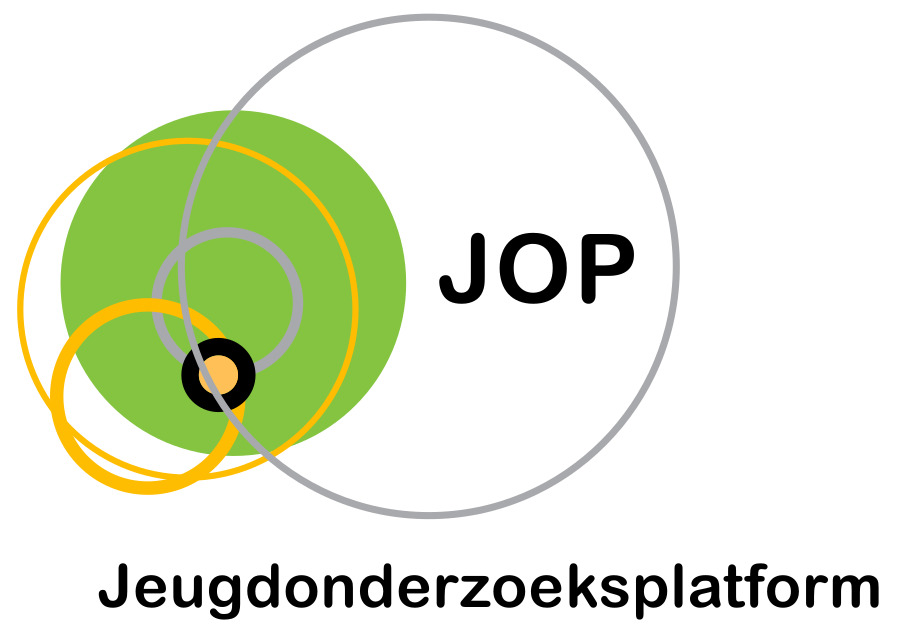Girls’ quality of life prior to detention in relation to psychiatric disorders, trauma exposure and socioeconomic status
Auteurs
Van Damme, L., Colins, O., De Maeyer, J., Vermeiren, R. R. J. ., & Vanderplasschen, W. (2015)

Abstract
Doel: Praktijk en onderzoek met betrekking tot gedetineerde meisjes is voornamelijk probleemgericht, waarbij het eigen perspectief op en de tevredenheid met het leven van deze minderjarigen over het hoofd wordt gezien. Het doel van deze studie was om te onderzoeken hoe meisjes meerdere domeinen van levenskwaliteit (QoL) evalueren en hoe elk domein wordt beïnvloed door psychiatrische (co)morbiditeit, trauma en sociaaleconomische status (SES).
Methoden: Een verkorte versie van het World Health Organization (WHO) QoL Instrument werd gebruikt om de levenskwaliteit van de meisjes (N = 121; M leeftijd = 16,28) voorafgaand aan detentie te beoordelen. Deze zelfrapportage-vragenlijst bestaat uit twee referentie-items die verwijzen naar hun algemene levenskwaliteit en gezondheid, en 24 overige items die hun levenskwaliteit meten met betrekking tot vier domeinen (fysieke gezondheid, psychologische gezondheid, sociale relaties, en omgeving). De Diagnostic Interview Schedule for Children-IV werd gebruikt om de prevalentie van psychiatrische stoornissen in het afgelopen jaar en de levenslange blootstelling aan trauma’s te beoordelen.
Resultaten: Gedetineerde meisjes vonden hun levenstevredenheid bijna even goed als de 12- tot 20- jarigen uit het internationale veldonderzoek van de WHO op alle domeinen behalve één: psychologische gezondheid. Zij waren het meest tevreden over hun sociale relaties en het minst tevreden over hun psychologische gezondheid. Psychiatrische stoornissen, trauma en een lage SES waren duidelijk en negatief gerelateerd aan verschillende domeinen van QoL. De psychische gezondheid van de meisjes werd het meest negatief beïnvloed door psychosociale en sociaaleconomische problemen, terwijl deze variabelen een bijna verwaarloosbare invloed hadden op hun tevredenheid met hun sociale relaties.
Conclusies: Het bijzondere karakter van elk domein van het levenskwaliteitsgevoel ondersteunt een multidimensionale conceptualisering van het gevoel van levenskwaliteit. Wat de behandeling betreft, lijkt de psychische gezondheid een domein van grote bezorgdheid, terwijl de sociale relaties als bron van veerkracht kunnen dienen.
Purpose: Practice and research on detained girls has mainly been problem oriented, overlooking these minors’ own perspective on and satisfaction with life. The aim of this study was to examine how girls evaluate multiple domains of quality of life (QoL) and how each domain is affected by psychiatric (co)morbidity, trauma, and socioeconomic status (SES).
Methods: An abbreviated version of the World Health Organization (WHO) QoL Instrument was used to assess the girls’ (N = 121; M age = 16.28) QoL prior to detention. This self-report questionnaire consists of two benchmark items referring to their overall QoL and health, and 24 remaining items measuring their QoL regarding four domains (physical health, psychological health, social relationships, and environment). The Diagnostic Interview Schedule for Children-IV was used to assess the past-year prevalence of psychiatric disorders and life-time trauma exposure.
Results: Detained girls perceived their QoL almost as good as the 12- to 20-year-olds from the WHO’s international field trial on all but one domain (i.e., psychological health). They were most satisfied with their social relationships and least satisfied with their psychological health. Psychiatric disorders, trauma, and low SES were distinctively and negatively related to various domains of QoL. The girls’ psychological health was most adversely affected by psychosocial and socioeconomic problems, while these variables had an almost negligible impact on their satisfaction with their social relationships.
Conclusions: The particularity of each domain of QoL supports a multidimensional conceptualization of QoL. Regarding treatment, psychological health appears as a domain of major concern, while social relationships might serve as a source of resilience.
Referentie
Van Damme, L., Colins, O., De Maeyer, J., Vermeiren, R. R. J. ., & Vanderplasschen, W. (2015). Girls’ quality of life prior to detention in relation to psychiatric disorders, trauma exposure and socioeconomic status. Quality of Life Research, 24(6), 1419– 1429.
Taal
Engels
